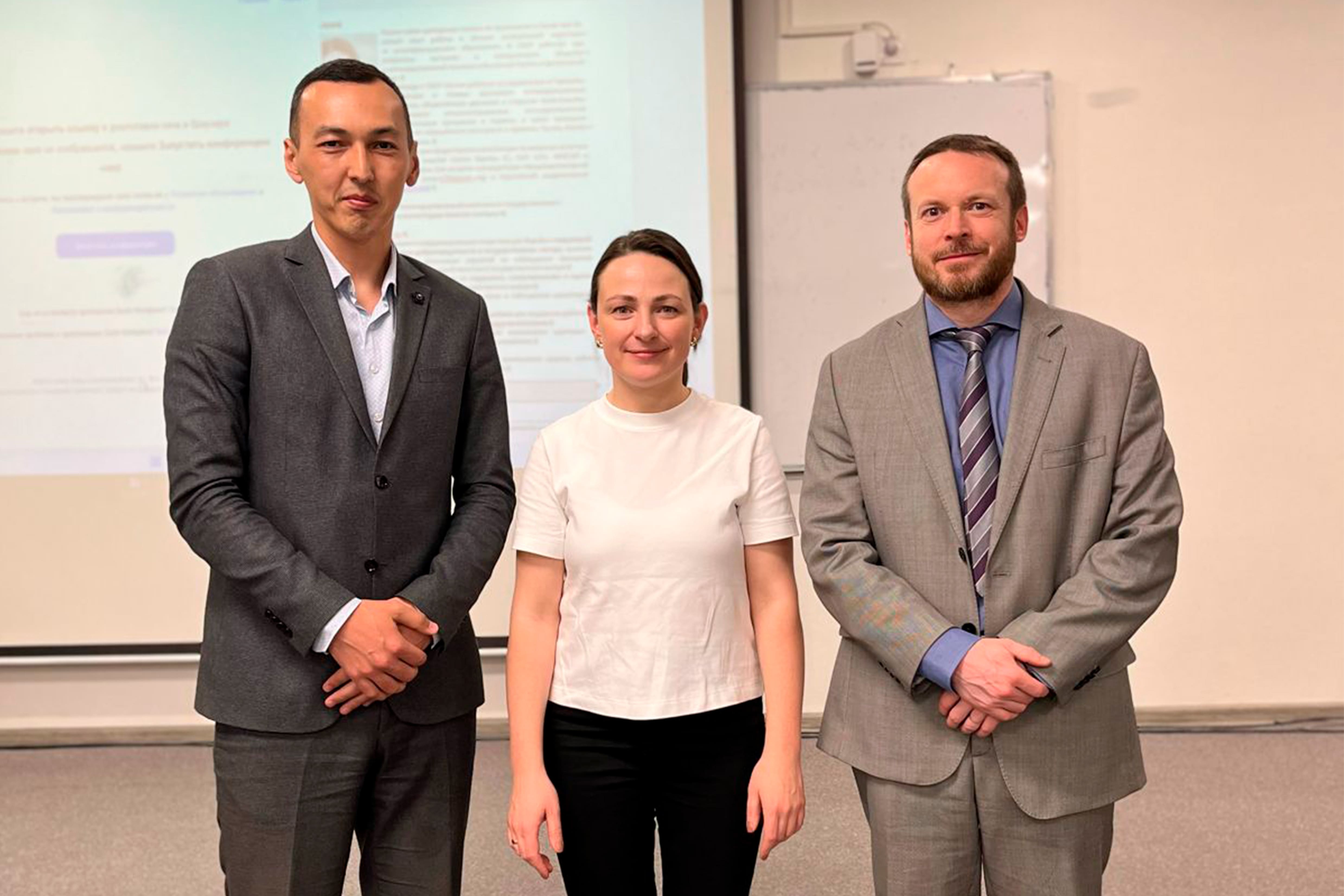Комплаенс-служба

Baizhanov Yerbol Atymtayevich
Senior Lecturer, Master of Law
Kobylandy batyr avenue, 27, room 519
+7 (7142) 55-38-13 (int. 139)
+7 (778) 378-71-76
kompleans@kosstu.edu.kz
Purpose:
- Ensuring compliance with the legislation of the Republic of Kazakhstan on combating corruption both within the university and among its employees.
- Monitoring the implementation of anti-corruption measures at the university, including analyzing the effectiveness of the measures taken and proposing improvements.
- Promoting the formation of an ethical culture and norms of honest and responsible behavior among university employees and students.
- Conducting preventive work and training university staff on anti-corruption rules and procedures.
- Cooperation with government agencies and public organizations in the field of anti-corruption.
Service objectives:
Monitoring and analysis
Carrying out systematic monitoring of compliance with anti-corruption legislation at a university or other organization. This includes reviewing compliance with rules and procedures, identifying potential risks of corruption, and identifying vulnerabilities.
Development and implementation of policies and procedures
Development and implementation of effective policies, procedures and control mechanisms to prevent and combat corruption in a university or organization.
Training and awareness
Conducting training events for university staff and students about adopted policies and procedures, ethical standards and the consequences of corrupt behavior. It is also important to inform employees of their rights and responsibilities in the context of anti-corruption.
Investigation and response
Organizing investigations into incidents of corruption, including receiving complaints and reports of violations, and taking appropriate action in accordance with established procedures and legislation.
Cooperation with government and public authorities
Interaction with government agencies and public structures, such as anti-corruption authorities, to exchange information, coordinate actions and support joint initiatives to combat corruption.
Performance monitoring
Assessing the effectiveness of measures and policies taken to combat corruption and making proposals for their improvement based on the experience gained and analysis of the results
Supporting an ethical culture
Actively promoting ethical standards and a culture of responsible behavior in the organization, which helps create a negative attitude towards corruption and increase awareness of the consequences of its manifestations.
Training seminar on the topic “Anti-corruption education”
On April 23, 2024, a training seminar on the topic “Anti-Corruption Education” was held in...

